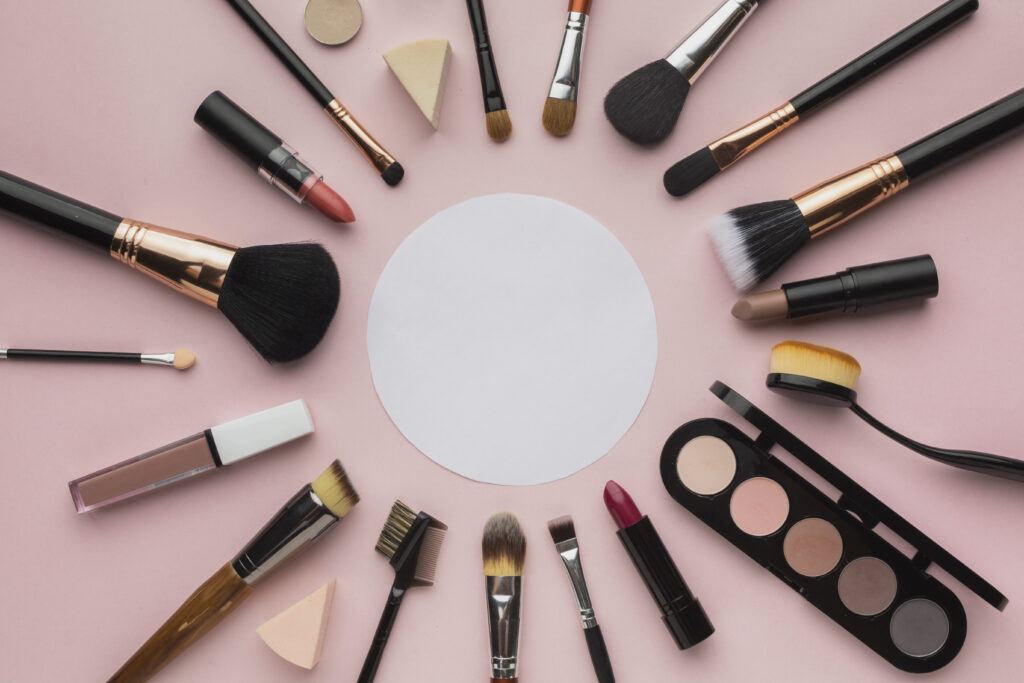In the realm of sensory experiences, few are as evocative and captivating as fragrances. The interplay of various scents can transport us to different times, places, and emotions, weaving a tapestry of memories and sensations. Welcome to the Scent Chronicles, where we embark on a journey to explore the captivating world of fragrances, delving into their history, creation, and significance.
The Origins of Fragrance: A Historical Tapestry
Fragrances have a rich and diverse history, dating back to ancient civilizations where aromatic substances were revered for their mystical properties. From the heady incense of ancient Egypt to the delicate perfumes of the Byzantine Empire, scent has played a pivotal role in human culture for millennia. The art of perfumery flourished during the Islamic Golden Age, with scholars like Al-Kindi pioneering the distillation of essential oils. In Renaissance Europe, perfumes became a symbol of luxury and status, favored by royalty and nobility. Today, the fragrance industry continues to thrive, blending age-old traditions with modern innovation.
Decoding the Fragrance Pyramid: The Anatomy of a Scent
Every fragrance is composed of a complex blend of notes, each contributing to its overall character and allure. At the heart of every perfume lies the fragrance pyramid, a hierarchical structure that defines its olfactory profile. The top notes, also known as the “head” notes, are the initial impression of a fragrance, fleeting and ephemeral. These are followed by the heart notes, which form the essence of the scent, lingering on the skin long after the top notes have dissipated. Finally, we encounter the base notes, which provide depth and longevity to the fragrance, anchoring it to the skin and memory. Together, these notes create a harmonious symphony of scent, captivating the senses and leaving a lasting impression.
Crafting the Perfect Fragrance: The Art of Perfumery
Behind every captivating fragrance lies the skilled hand of a perfumer, blending artistry with science to create olfactory masterpieces. The process begins with fragrance creation, where perfumers meticulously select and combine various raw materials, from essential oils to synthetic molecules. Through experimentation and creativity, they craft unique scent compositions that evoke a specific mood or emotion. The blending process is both an art and a science, requiring precision and intuition to achieve the perfect balance of notes. Once the fragrance is perfected, it undergoes rigorous testing to ensure its stability, longevity, and safety. From the initial concept to the final product, perfumery is a labor of love, guided by passion and expertise.
The Language of Scent: Exploring Fragrance Families
In the vast universe of fragrances, scents can be classified into distinct families based on their olfactory characteristics. From floral and fruity to woody and oriental, each fragrance family offers a unique olfactory experience. Floral fragrances, with their delicate and feminine notes, evoke the beauty of blooming flowers, while fruity fragrances burst with the freshness of ripe fruits. Woody fragrances exude warmth and sensuality, reminiscent of the forest floor after a rainstorm, while oriental fragrances captivate with their exotic spices and resins. By understanding the different fragrance families, we can navigate the world of perfumery with confidence and discover fragrances that resonate with our individual preferences.
The Power of Scent: Fragrance in Culture and Society
Beyond its aesthetic appeal, fragrance holds a profound cultural and social significance, shaping our perceptions and experiences in subtle yet profound ways. In many cultures, scent plays a central role in religious rituals, ceremonies, and celebrations, symbolizing purity, enlightenment, and spiritual awakening. In modern society, fragrance is used to enhance personal grooming, boost confidence, and leave a memorable impression. Whether it’s the subtle scent of a loved one’s perfume or the comforting aroma of home, fragrance has the power to evoke emotions, trigger memories, and forge connections between people.
Navigating the World of Fragrance: Tips for Choosing the Perfect Scent
With countless fragrances available on the market, finding the perfect scent can seem like a daunting task. However, by following a few simple tips, you can navigate the world of fragrance with ease and confidence. Start by identifying your fragrance preferences and olfactory preferences, whether you gravitate towards floral, fruity, woody, or oriental scents. Next, test a variety of fragrances on your skin to see how they interact with your body chemistry and evolve over time. Don’t be afraid to ask for samples or seek the advice of a knowledgeable fragrance specialist. Finally, trust your instincts and choose a scent that resonates with you on a personal level, one that brings you joy and enhances your unique personality.
Conclusion
In conclusion, the world of fragrances is a captivating tapestry of scent, history, and culture, offering endless opportunities for exploration and discovery. From the ancient rituals of perfumery to the modern art of fragrance creation, scent continues to inspire, enchant, and delight. Whether you’re drawn to floral bouquets, exotic spices, or earthy woods, there’s a fragrance out there waiting to captivate your senses and transport you to new olfactory heights. So embrace the journey, follow your nose, and immerse yourself in the enchanting world of fragrances.
FAQ: Unlocking the Mysteries of Fragrances
What are the key components of a fragrance?
Fragrances consist of various components known as notes, which contribute to their overall aroma and character. These notes are categorized into three main categories: top notes, heart notes, and base notes.
- Top notes are the initial impression of a fragrance, characterized by their light and volatile nature.
- Heart notes form the core of the scent, providing depth and complexity.
- Base notes are the foundation of the fragrance, offering longevity and richness to the scent.
How do perfumers create unique fragrances?
Perfumers use a combination of artistry and science to craft unique fragrances that captivate the senses. They carefully select and blend different raw materials, including essential oils, synthetic molecules, and aroma compounds, to create harmonious scent compositions.
- Perfumers rely on their creativity and expertise to experiment with various ingredients and proportions.
- They conduct extensive testing to ensure the stability, longevity, and safety of the final fragrance.
- Perfumers draw inspiration from diverse sources, including nature, art, and culture, to create innovative and distinctive scents.
What factors should I consider when choosing a fragrance?
When choosing a fragrance, it’s essential to consider your personal preferences, lifestyle, and the occasion for which you’ll be wearing the scent. Additionally, factors such as skin chemistry, climate, and time of day can influence how a fragrance smells on your skin.
- Identify your fragrance preferences, whether you prefer floral, fruity, woody, or oriental scents.
- Test fragrances on your skin to see how they interact with your body chemistry and evolve over time.
- Consider the season and occasion when selecting a fragrance, opting for lighter, fresher scents in warmer months and richer, more sensual scents in colder months.
How can I make my fragrance last longer?
To prolong the longevity of your fragrance, consider adopting some simple tips and techniques. Start by applying your fragrance to pulse points, such as the wrists, neck, and behind the ears, as these areas generate heat, intensifying the scent.
- Layering fragrances by using matching body lotion or shower gel can help enhance the longevity and intensity of the scent.
- Store your fragrances properly in a cool, dark place away from direct sunlight and heat to prevent them from degrading over time.
- Avoid rubbing your wrists together after applying fragrance, as this can break down the scent molecules and diminish the fragrance’s longevity.
Are there any cultural or symbolic meanings associated with fragrances?
Fragrances have been imbued with cultural, symbolic, and spiritual significance throughout history, playing a vital role in rituals, ceremonies, and traditions around the world. In many cultures, certain scents are associated with specific meanings, emotions, or attributes.
- For example, lavender is often associated with relaxation and tranquility, while rose is symbolic of love and romance.
- In some cultures, fragrances are used in religious ceremonies and rituals to purify, sanctify, or honor deities and ancestors.
- Fragrances can also evoke memories and emotions, serving as a form of self-expression and identity.



